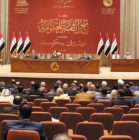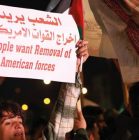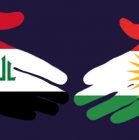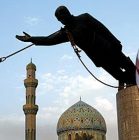
Without a Federation Council, State-building in Iraq remains elusive
The unicameral legislature’s dominance has contributed to the country’s fragility, but a constitutionally mandated solution to this problem already exists

The unicameral legislature’s dominance has contributed to the country’s fragility, but a constitutionally mandated solution to this problem already exists

Baghdad needs to maintain western troop presence as well as keep Tehran on side. There is a way forward

Since 2003, outstanding issues between Baghdad and Erbil have gone through various phases & taken different forms, with critical milestones characterising and shaping an uneasy relationship.

The US led ‘coalition of the willing’ invaded Iraq in 2003, ending the most oppressive regime. The two countries started a tumultuous mutual engagement, which is likely to become more amicable, predictable and mutually rewarding in the future.

In his quest for ultimate power, Al-Sadir lost yet another battle. But, not to be underestimated, he has not lost the war. Policy recommendations for stakeholders

The Sadrists have gone ‘all-in’, challenging the system & exposing its weaknesses. Unlikely to win outright but they have pushed Iraq to a new phase in its transition.

Al-Sadir is playing to win, whatever the cost. The Sunnis won the first round. The Kurds have lost sight of the bigger picture & focused on internal rivalry. It is not too late to find a win-win outcome.

Strengthening societal resilience is considered vital for the prevention of violent extremism. MERI is a member of 15 international research centres (lead by NUPI) to address this issues.